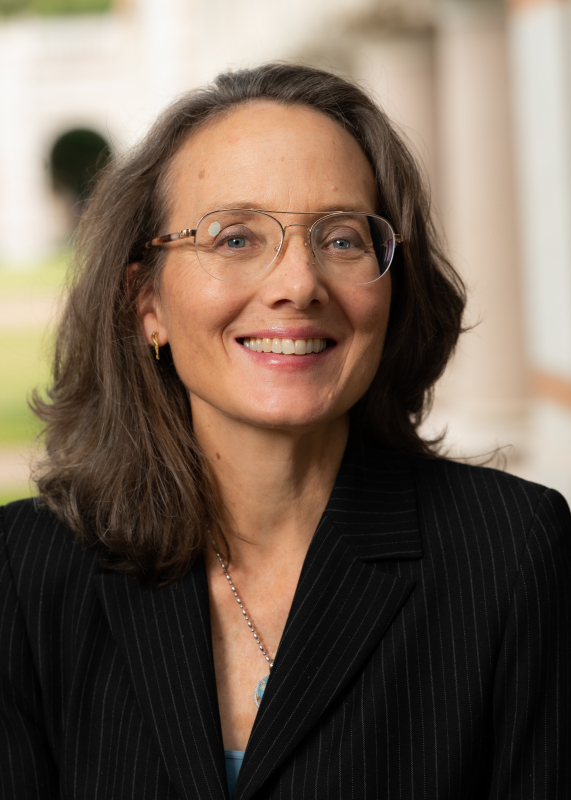
Margaret Beier, Ph.D.
M.S. Psychology 1999
Ph.D. Psychology 2004
2025 Inaugural Distinguished Alumni Award Winner
School of Psychology
After obtaining a bachelor’s degree in French from Colby University, Beier came to Georgia Tech, earning a master’s and Ph.D. in psychology. Currently, she is a professor and chair of the Department of Psychological Sciences at Rice University. Beier’s research focuses on the individual and environmental influences of lifelong learning in work and educational contexts. Her work has been funded by Microsoft Corporation, the Institute for Education Science, and the National Science Foundation. She has served on committees of the National Academies of Sciences, Engineering, and Medicine, resulting in the consensus reports How People Learn II: Learners, Contexts, and Cultures (2018) and Are Generational Categories Meaningful Distinctions for Workplace Management? (2020), and she chaired the committee on Adult Learning in Military Contexts (2025). She has published in the Journal of Applied Psychology, Journal of Business and Psychology, Current Directions in Psychological Sciences, Personnel Psychology, and Psychological Bulletin. She is a fellow of the Society for Industrial and Organizational Psychologists (SIOP) and the Association for Psychological Science (APS).
How Georgia Tech prepared me for my career (and what It means to me):
I will always be a proud alum of Georgia Tech. My time at Tech was filled with stimulating research, exploring creative ways to solve problems, and unbelievably rich and deep connections with incredibly smart and productive people. I also had two babies while in graduate school and was hooded for my Ph.D. while I was nine months pregnant. My time at Tech changed my life and challenged me to do things I never thought possible. It equipped me with a rich theoretical understanding of psychology, the quantitative tools, curiosity, and deep understanding of science and the scientific process that prepared me for a productive academic career. I have never worked longer hours or harder than I did at Tech, and I feel incredibly fortunate for the rigorous training that I received at the hands of caring professors in the School of Psychology and my mentors, Phillip Ackerman and Ruth Kanfer. They were tough indeed, but they prepared me to defend my ideas and focused on my development not only as an academician but also as a person. I have always had confidence in the quality of my training, and that has provided me with the confidence to pursue my ideas for the past 21 years.
I am so grateful to Georgia Tech and the School of Psychology for providing me with the tools to pursue my dreams.


